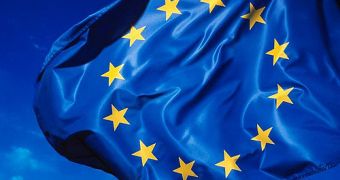The EU has launched a probe into Google's search business, both organic and paid searches, over earlier complaints of Google favoring its own products over competitors, unfair practices and meddling with its auction ad system. The European Commission will now be investigating the allegations.
The investigation comes after a string of complaints from several companies, stretching back a few years. The matter has popped up several times and the investigation is believed to bring a conclusion to the issue.
There are several complaints, both from government agencies and competitors. Microsoft-owned, Ciao is among them, along with Foundem and Ejustice.fr, a legal search engine.
The UK product comparison site, Foundem, for example, is complaining that Google is competing unfairly by providing its own product search engine rather than linking to its competitors.
While anyone with any knowledge of how a search engine works and what it should do, provide people with answers to their queries, knows that this is fairly standard behavior and that Google is clearly not alone in doing this.
Most other allegations seem more like cases of sour grapes rather than serious problems. The only real issue, if it were proven to be true, would be allegations that Google is gaming its ad auction system to increase its profits. It is unlikely that it's doing so, but all we have is Google's word for it.
"At Google, we’ve always focused on putting the user first by providing the best possible answers as quickly as possible... given our success and the disruptive nature of our business, it’s entirely understandable that we’ve caused unease among other companies and caught the attention of regulators," Susan Wojcicki, Senior Vice President, Product Management and Udi Manber, Vice President of Engineering at Google wrote.
"Today, the European Commission has announced that they will continue to review complaints about Google's search and search advertising. We respect their process and will continue to work closely with the Commission to answer their questions," they added.

 14 DAY TRIAL //
14 DAY TRIAL //